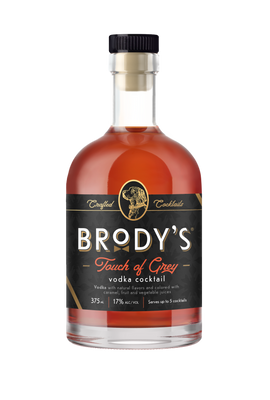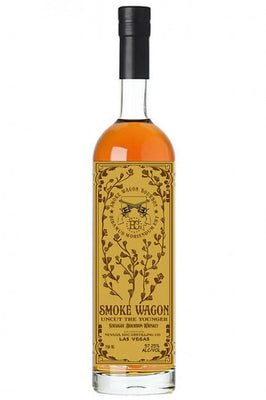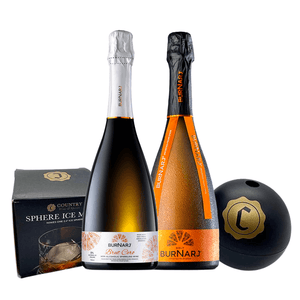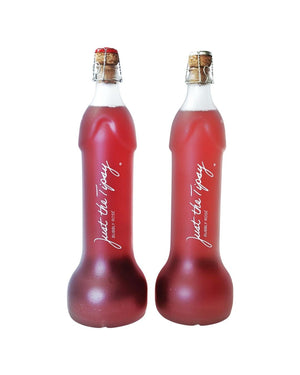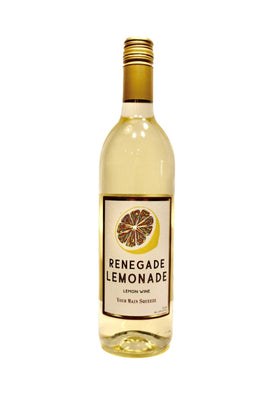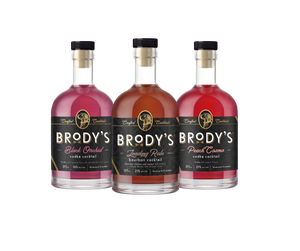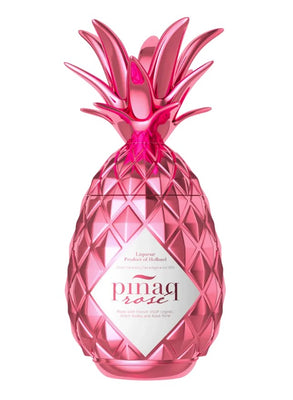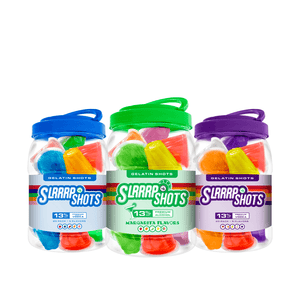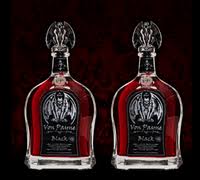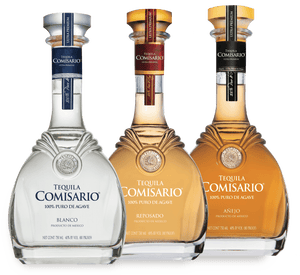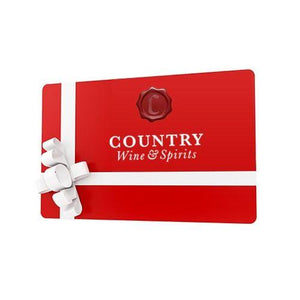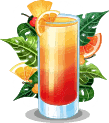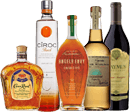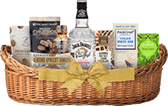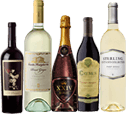Alcohol has been in production for over 12,000 years. Many world travelers would pick Sherry over any other choice of alcohols. Both Columbus and Magellan carried this drink of choice during their voyages, and Magellan enjoyed Sherry so much that he spent more money stockpiling the alcoholic beverage than he spent on weapons. The Pilgrims made sure to stop at Plymouth Rock because they were running low on supplies, and the main thing was alcohol. Winston’s Churchill’s mother invented the Manhattan cocktail; it’s made from whiskey and sweet vermouth.
Frederick the Great: the King of Prussia, was so smitten with alcohol that he tried to ban coffee in an attempt to get everyone in Prussia to drink liquor instead. Vikings enjoyed alcohol, but they would not drink out of normal cups, they would drink out of the skulls of their defeated enemies. Until the Mid-1600’s, France wine makers used oil soaked rags in lieu of corks. Many historians thought that the practice of farming wasn’t started as a means of food production, but that the early farmers were most likely engaging in their trade in order to produce the necessary ingredients to create alcoholic beverages.

Did you know?
• A bottle of champagne contains approximately 49 million bubbles.
• In order to make a bottle of wine, you will need to have approximately 600 grapes on hand.
• The word brandy is derived from the Dutch word brandewijn; it means burnt wine.
• There are thirteen minerals that are essential for human life, and all of them can be found in alcohol.
• The drink called Mezcal was thought to have worms in it, but in fact, it was a Gusano butterfly caterpillar.

